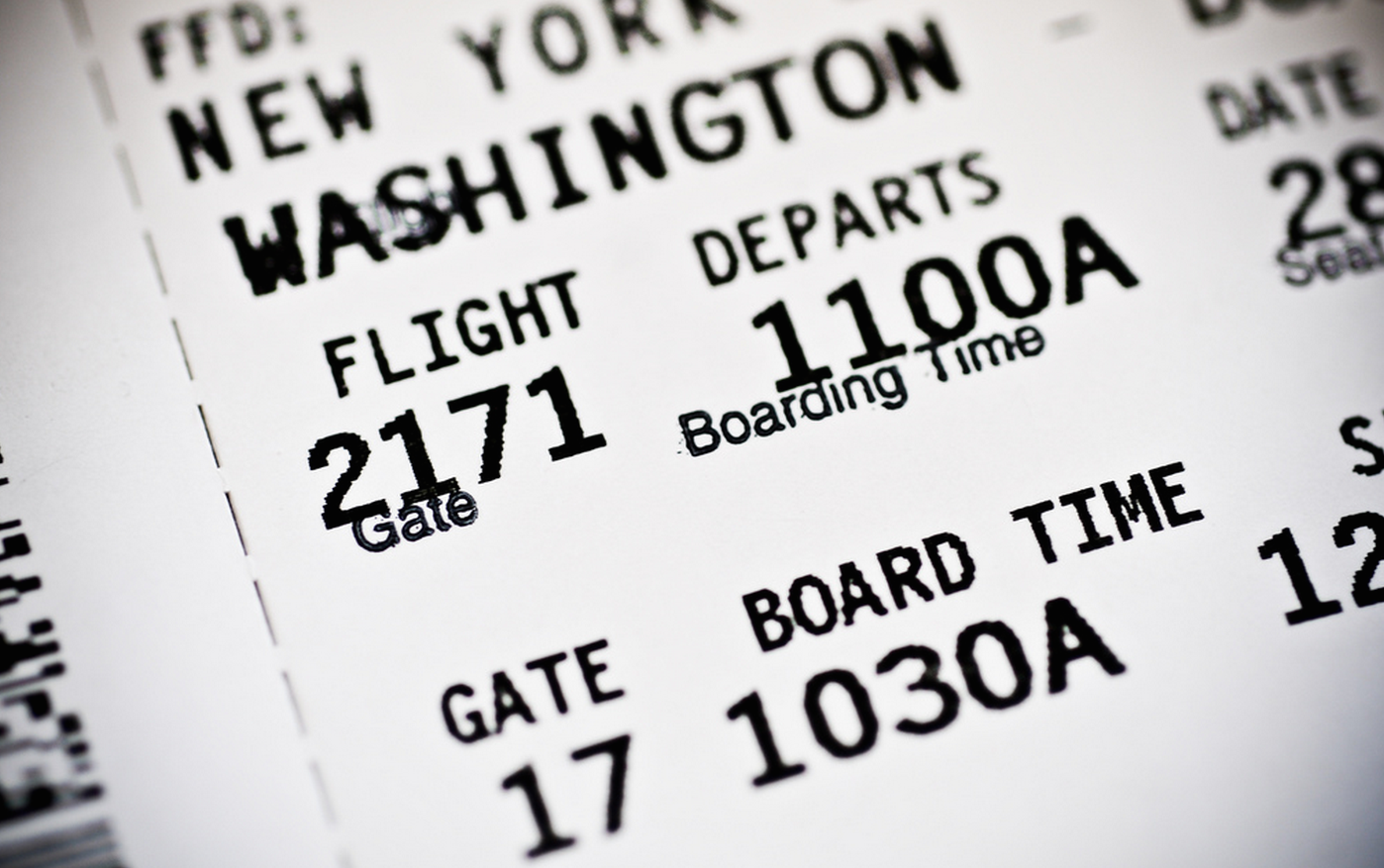Report Claims That You Secretly Love Airline Fees
The Chicago Tribune reports on new research from an industry analyst at Wolfe Research, which claims that it’s an “inconvenient truth” that consumers actually enjoy paying for things that were once included in our airfare.
“Maybe that sentence would be better received if we had said ‘customers like paying only for what they use.’ Well, guess what… that’s the same thing,” contends the report, which echoes similar previous statements from America’s most notorious airline CEO Ben Baldanza of Spirit.
Speaking of Spirit, one of the few domestic carriers to charge for carry-on bags, the Wolfe Research report claims that the other airlines are missing out on this “mother lode” of fee revenue by allowing passengers to bring free carry-on bags, even if they’re booking through third-party sites like Orbitz or Expedia.
By forcing passengers to either book directly or pay for carry-ons, the report claims American Airlines alone could rake in $259 million a year in fee revenue while saving $74 million in costs.
And lest you think airlines can’t strip down your ticket any further, the analyst suggests that airlines start charging for things like oversized carry-ons and soda.
“That isn’t just about revenue — it’s also about lowering distribution costs,” reads the report. “And it clears up more bin space for good customers (those with status) at the expense of bad customers.”
There is certainly some logic to the idea of saving consumers money on base airfares by stripping away everything but the seat you are required to sit in (though some carriers have discussed making passengers stand), but the problem with this a la carte approach is that the fees rarely match the savings.
For example, when an airline charges $35 to check a bag, are we supposed to believe that this is the actual cost of checking and stowing a single piece of luggage? Or is this just a figure that the airline economist determined the market will bear? Did my ticket price go down $35 because of this fee or did the airline just make more money?
Obviously not, or else analysts like this one wouldn’t be talking about the opportunities for revenue elsewhere.
If, as fee-proponents try to argue, fees are just about pulling out the cost of a service from the base airfare, then airlines would actually be losing money rather than bragging about the millions they make in ancillary revenue each year.
Think about it. Before checked-bag fees, many travelers preferred to have their luggage stowed rather than try to cram as much as possible into overhead bins and under seats.
So say an imaginary airline flies 1 million passengers a year at an average ticket price of $500 that includes the cost of checked bags. That’s $500 million a year.
But introducing baggage has cut down on the number of checked bags, as is evident by the popularity of those rolling suitcases that seemingly every traveler tries to pass off as a carry-on bag just so they don’t have to pay for checking as many bags.
At the same time, we’re supposed to believe that we’re saving on airfares if we don’t check our bags.
So going back to the fictional airline above, imagine that 10% of passengers choose to avoid paying baggage fees by going carry-on only. Meanwhile, the average ticket price drops by $35 because we’re all saving money with this supposed a la carte model, right?
That would mean that the airline would make $465 million from ticket sales, and another $31.5 million from the 900,000 passengers who decide to pay for checked bags. That leaves the airline $3.5 million short of where it was before the fee was instituted.
Thus, it follows that the only way that airlines can make a profit off baggage fees and other charges is by charging significantly more than these services and products were worth before they were deducted from the airfare — or by never actually deducting them from the airfare to begin with.
And what’s particularly evil about the idea of charging people for carry-ons is that the analyst is basically telling the airlines to hold the passengers’ wallets hostage. Check your bag? That’s a fee. Carry on? That’s a fee.
That’s not an option. That’s not customers only “paying only for what they use.” That’s a de facto airfare increase.
If fees actually did result in lower airfares, then maybe people would love them. The mere fact that people are willing to pay the fees doesn’t mean they are good for consumers.
Want more consumer news? Visit our parent organization, Consumer Reports, for the latest on scams, recalls, and other consumer issues.


